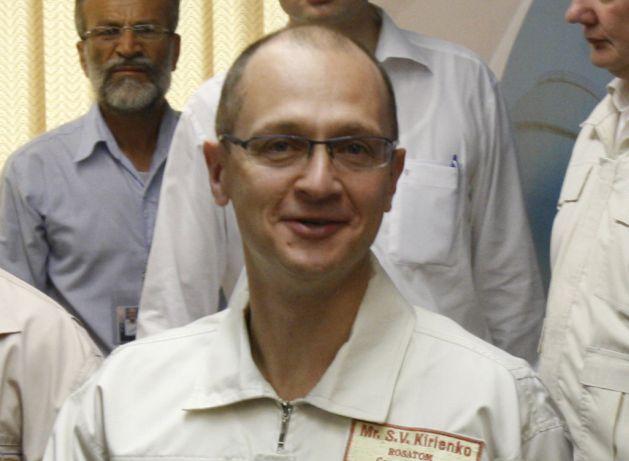 ST. PETERSBURG, June 29:India and Russia have failed to resolve the problem of nuclear liability during a visit here of Atomic Energy Commission (AEC) chief.
ST. PETERSBURG, June 29:India and Russia have failed to resolve the problem of nuclear liability during a visit here of Atomic Energy Commission (AEC) chief.
“I have nothing to say on this,” Sergei Kiriyenko, head of Russia’s nuclear corporation Rosatom, said after a one-to-one meeting with AEC Chairman R.K. Sinha on the sidelines of a ministerial-level nuclear energy conference held here on June 27-29.
Mr. Sinha did not comment on his talks with Mr. Kiriyenko.
Russian sources said there was no progress on the thorny issue, which has stalled signing of contract for the construction of Units 3 and 4 at the Kudankulam nuclear power project.
India is insisting on placing the new reactors under its Civil Liability for Nuclear Damages Act, 2010, which holds the operator wholly liable in the event of an accident, gives it a right of recourse against suppliers if the accident is caused by defective equipment.
Russians refer to the inter-government agreement of 2008, which makes the operator alone liable for possible damages at Units 3-6 to be built at Kudankulam.
In an interview to The Hindu ahead of his meeting with Mr. Kiriyenko, Dr. Sinha, however, said he does not see any “conflict” between the Liability Act and the Indo-Russian agreement.
The 2008 agreement “does not say either ‘yes’ or ‘no’ [about the right of recourse]; it is silent on that,” Dr. Sinha said.
“There is some gap in understanding that needs to be addressed in further discussions,” he added.
Reactor technically ready
Regarding the long delayed commissioning of Unit 1 of the Kudankulam power plant, the AEC head said the reactor is technically fully ready and will be started as soon as the final safety reports requested by the Supreme Court have been submitted.
“The reports are expected to be made quite soon,” Dr. Sinha said, hoping that there would be no further reviews by the Supreme Court.
The AEC head refuted reports of “faulty” Russian valves supplied for Unit 1 at Kudankulam.
‘Minor deviations’
“There have been minor deviations [in the valves’ performance] that have been corrected,” he said.
The valves have since been put through rigorous additional tests “under conditions far beyond what they are expected to see” and have performed “perfectly.”
Dr. Sinha said it would be wrong to call the situation with the valves “an abnormality.”
“It is a normal part of commissioning process and we’re very satisfied that all systems are tuned to meet the design requirements.”
The AEC appears to have made little headway in identifying new sites for 12 more reactors Russia is to build in India under a roadmap signed in 2010.
“Discussions are going on, but our first priority is to complete the reactors under construction,” Dr. Sinha said. “It’s better to be patient.”
He did not rule out that the Haripur site cancelled by the West Bengal government last year may still be endorsed.
“The Haripur site has been identified [but] certain clearances have to be made,” the AEC chief said.
